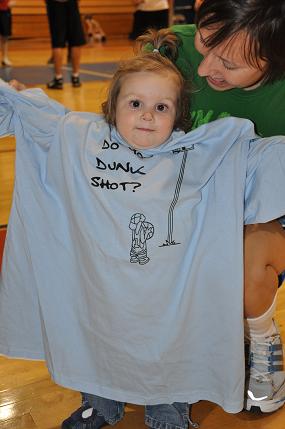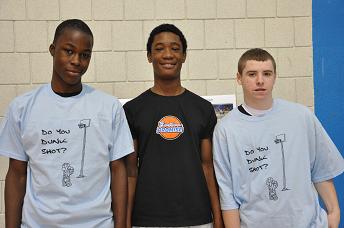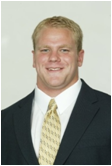
99.9 percent of French adults are organ donors, compared to only 28 percent of Americans. It’s because in France, everyone is a donor by default. In most of the United States, it’s the opposite.
The expectation in France is that you’d be willing to donate an organ to someone in need. In the United States, the expectation is that if you want to donate an organ to someone in need you’ll take the effort to check that little box on your driver’s license.
A small difference in wording with a major difference in results.
Each fall, in college sports medicine rooms across the United States, we screen for height and weight, yet the majority of each day in the majority of Sports Medicine clinics across the country no one is having a height problem.
What if the NCAA instead put assessment of Movement Patterns as a default for pre-participation physicals alongside height, weight, BP and Pulse?
Shouldn’t a procedure that addresses and screens for the majority of problems our patients encounter worth considering?
Organ donation isn’t for everyone and should ultimately be decided on an individual basis, but like organ donation, movement screening may just save some of your student-athlete’s heartache down the road.
Art Horne is the Coordinator of Care and Strength & Conditioning Coach for the Men’s Basketball Team at Northeastern University, Boston MA. He can be reached at a.horne@neu.edu.











